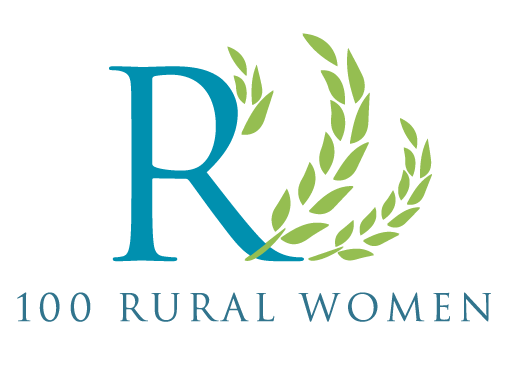.
“Am I beyond the curve? Do I need to be here? Can I say no?”
Rani is a Community Economics Extension Educator that has been working with the University of Minnesota since 2012. In her role as a regional Extension Educator, she has been serving 11 counties in Northwest Minnesota. As one of the more rural parts of the state, the Northwest region has many entrepreneurial resources available to residents that are not being utilized. To help address this issue, Rani’s been exploring how Extension can support and leverage local efforts that promote entrepreneurship and small business development.
Question: Tell us a little about yourself
Answer:
My name is Rani Bhattacharyya and I am the Community Economics Extension Educator with the University of Minnesota. I live in Crookston, Minnesota and enjoy getting to know the natural and cultural assets of the communities in Northwest part of the state. I grew up on the rural fringe of a Twin Cities suburb. I’ve traveled throughout the Midwest and abroad for my education and civil service. Outside of work, I enjoy gardening, fishing, hiking, kayaking and writing poetry. I have been connected with 100 Rural Women through Teresa Kittridge and Linda Kingery inviting me to be part of regional forums in NW Minnesota.
Question: Describe your connection to rural America
Answer:
Growing up, I was fortunate to have parents from diverse backgrounds who shared a love of travel throughout the Midwest and Western United States. On these road trips, I was exposed to different cultures and communities across rural America. I saw the different ways they interacted and depended on the rural landscape for their livelihoods. Two of the most memorable included, the Hopi people of the Southwest and Scandinavian communities in the Upper Peninsula of Michigan.
Additionally, my parents’ educational backgrounds and hobbies exposed me to homesteading ethics and systems thinking about my neighborhood and family history to the rural landscape of Minnesota. My high school geology, botany and ecology courses all taught me to first try to understand the landscapes on which communities are built. From there, you can understand the relationship people have had with that landscape that shapes who they are today. Throughout my travels, I have also found the stories that have been the most meaningful and enriching to me have been those of communities in rural Minnesota.
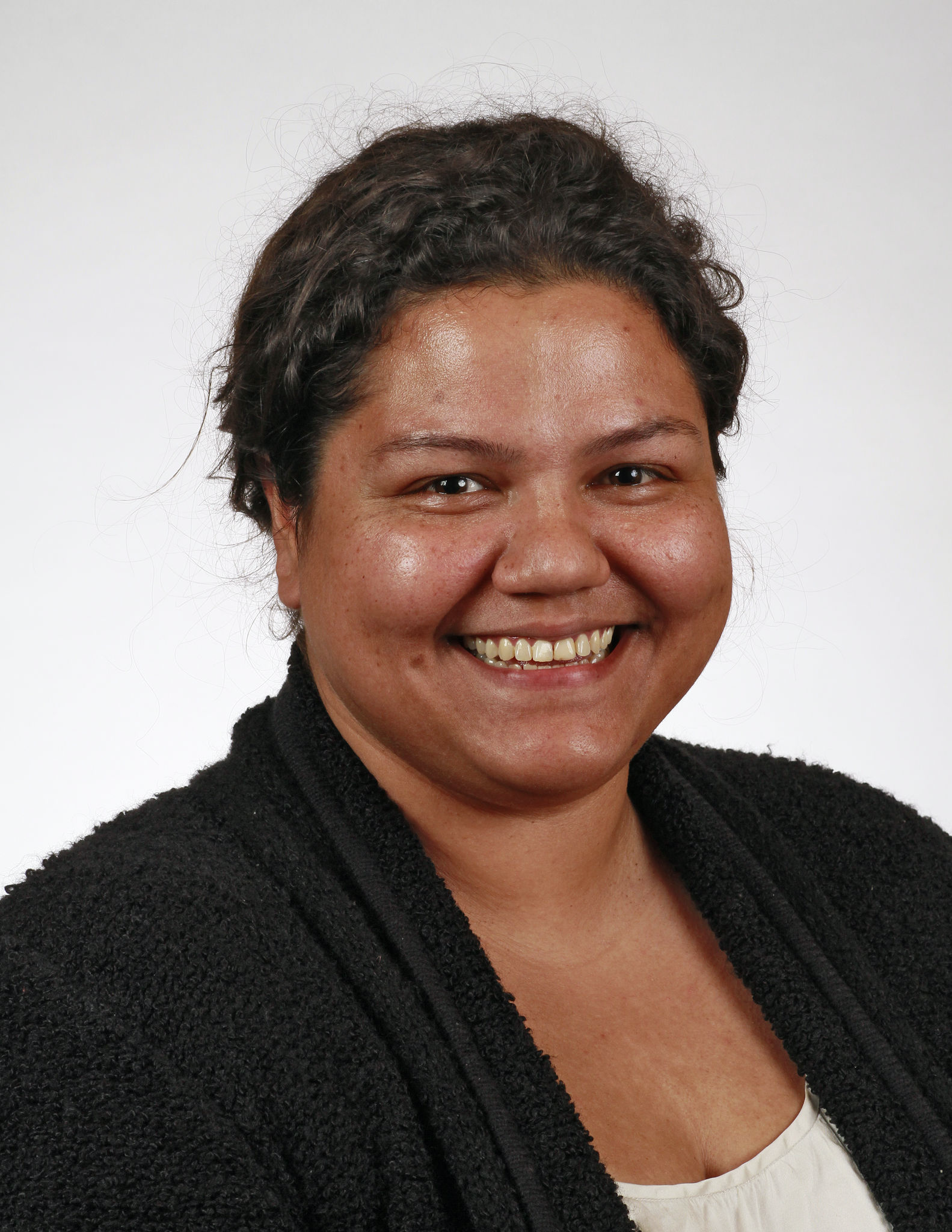
Question: Tells us about a moment you felt discouraged and how you overcame it.
Answer:
During the recent COVID-19 pandemic. It’s made me acutely aware of how our relationships with each other are the weft and warp in the fabric of our lives. At the start of COVID-19, I was excited and felt secure and lucky to be able to live and work from my new home. Yet, as the pandemic and restrictions continued on, it increasingly became a struggle for me to maintain my focus in my work, and my purpose in my personal life. As a result, I became increasingly frustrated with myself, my family, my friends, my colleagues and my community partners.
Around the time of my birthday, I realized that I had not only lost trust in myself, but my trust in others as well. To gain back this trust, I have begun breaking down the barriers I’ve built (even pre-COVID) in trusting myself and others around me. During this time of still having the social distance from other people, this has meant I have to be more genuine, positive, mindful, and present when communicating with myself and others. This is still a work in progress but making these commitments has lessened my sense of confinement and broadened my horizons of what’s possible through deeper connections with myself and others.
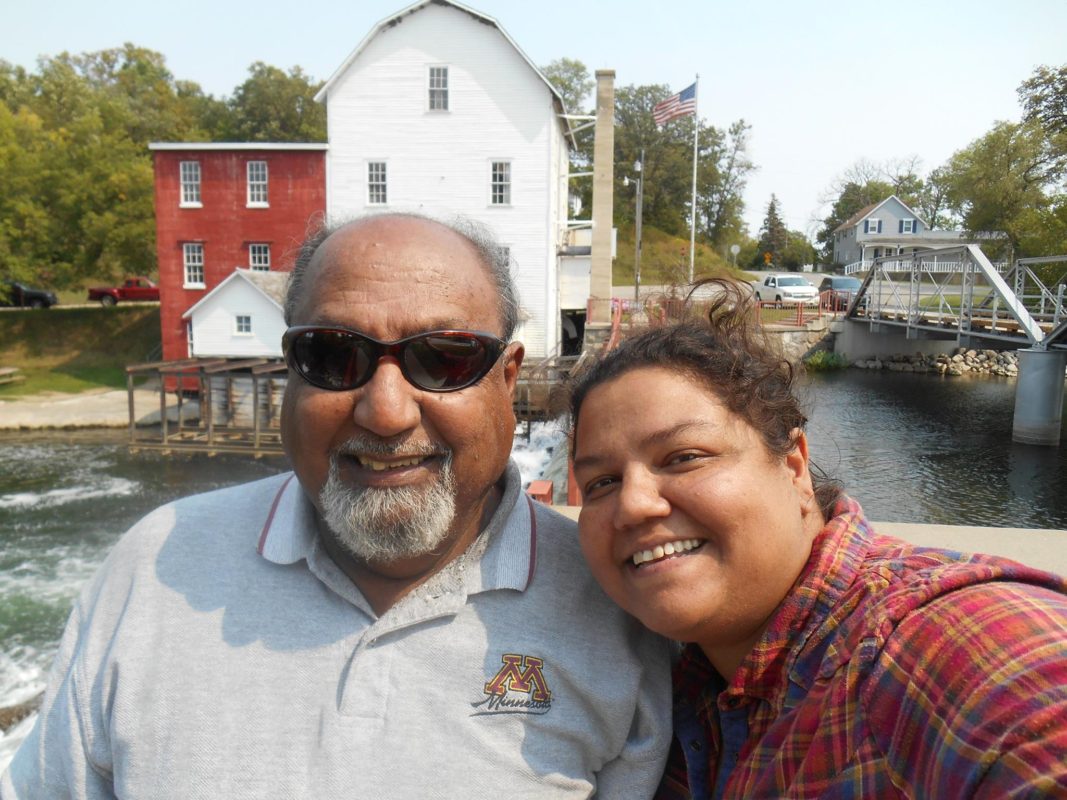
Question: How do you lead and create change in your community and how can your community better support rural women?
Answer:
At the end of my graduate studies, one of my professors gave me a beige laminated card with the following quote on it:
“One of the great things an organization can do is to help people give voice to their dreams and provide the means by which people come together to create something greater than themselves. It is the gift of leaders to release the aspirations of others.” -James Champy, Leader to Leader, 2000.
This quote sits on my shelf at work and has been a motivational statement for me throughout my career. Because of it, I have sought out organizations to work for that I think exemplify this idea. In my work day to day, I try to provide support and resources to others on their leadership path within their communities. This includes leadership in communities of interest and communities of place. I think communities could do a better job of supporting rural women on their leadership journeys, by:
(1) Providing and supporting the development of STEAM educational pathways for BIPOC girls and young women,
(2) Developing marketing and purchasing co-ops for BIPOC women owned-businesses; and
(3) Encouraging and voting for BIPOC women for civic leadership positions.
Question: If you could give one piece of advice to your former self, what would that be and why?
Answer:
This is something I have to remind myself over and over when things get hectic (in a good way) for me. Basically, they are three questions I ask myself when I am feeling overstretched and out of patience. They are: Am I beyond the curve? Do I need to be here? Can I say no? Asking myself these questions gives me the mental space to give grace to myself and respect to other leaders to do their thing. Which I think is important when trying to balance collaborative leadership efforts. I think collaborative leadership efforts are becoming increasingly more prevalent as more diverse voices are heard in community development spheres.
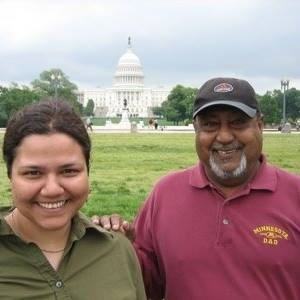
Question: Who or what has been your biggest inspiration?
Answer:
My mother passed away just as I was becoming a teenager so I would have to say my father, Niteen Bhattacharyya, has been the most influential inspiration in my life. He’s an entrepreneur who emigrated from India to pursue better economic opportunities for himself and his family. Despite the challenges we have faced, he has continued to support my ambitions while not always fully understanding them.
One of my science teachers in middle school, Mike Endres, was always supportive. He challenged me to think about astronomy and earth sciences in new ways. Later on, when I was working for a PIRG after having been abroad for a couple of years, I canvassed his house. He remembered me and encouraged me to run for public office. At the time I balked at his suggestion, but his role as a supportive educator and emphasis on civic duty, is a memory touchstone I draw on in my current work.
A little later in high school, I also started volunteering at the Science Museum of Minnesota. There, I met Ruth Ladwig who was a floor manager in the anthropology hall in the old museum site in downtown St. Paul. She first trained me in experiential education programming that highlighted beadwork, natural dye recipes, and bread making methods shared by cultures worldwide. She and I continue to connect, share stories and seek common threads in the diverse cultures that thrive in Minnesota.
Each of these individuals have taught and continue to teach me that it’s not the end goal that makes life worth living, it’s the connections and experiences you have along the way that make it so precious.
Check out what Rani is up to…
UMN Website:
https://extension.umn.edu/contacts-community-development/rani-bhattacharyya
Inspirational Readings:
The Athena Doctrine: How Women (and the Men who Think Like Them) Will Rule the Future
https://www.johngerzema.com/books/athena-doctrine
The Wild Edge of Sorrow: Rituals of Renewal and the Sacred Work of Grief
https://www.francisweller.net/books.html
Measuring Regenerative Economics: 10 Principles and Measures Undergirding Economic Growth
https://www.sciencedirect.com/science/article/pii/S2589791819300040

